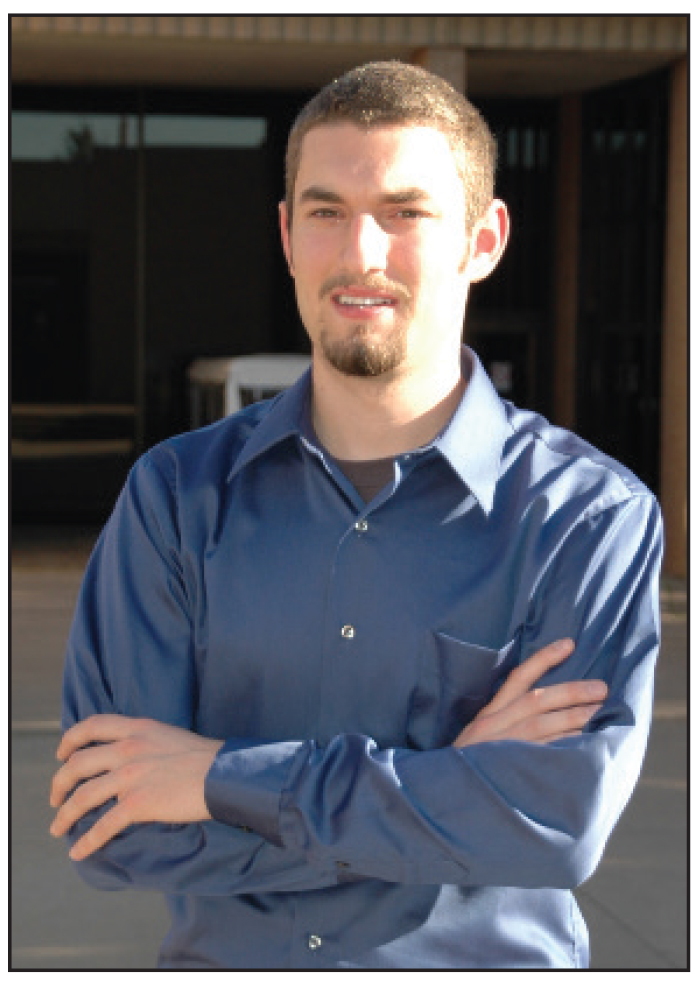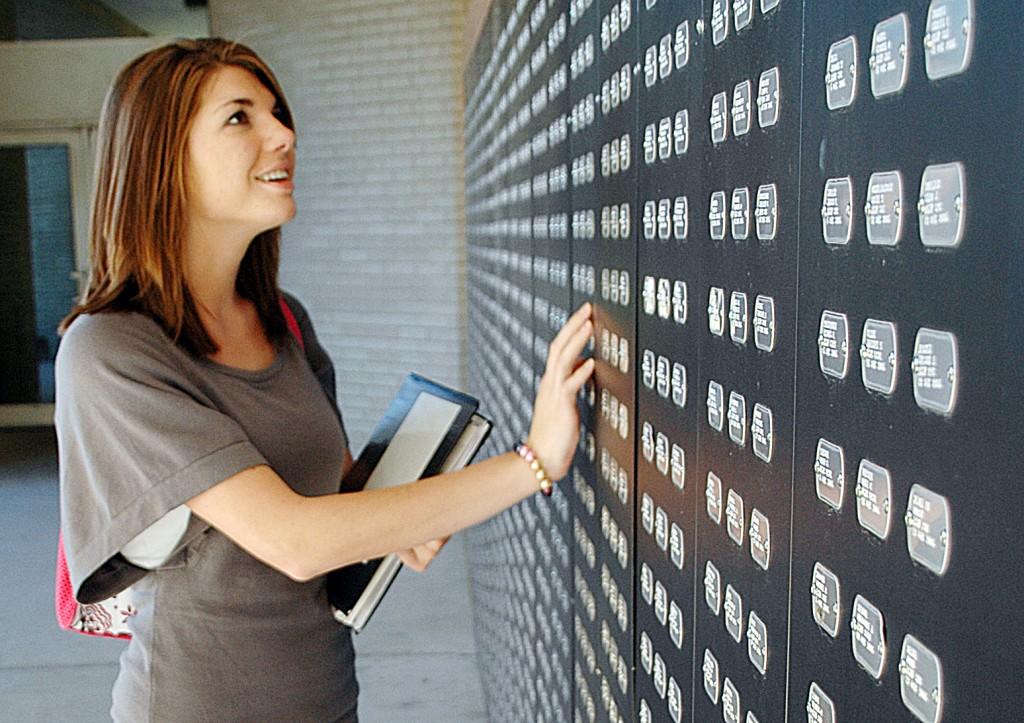By Andrea Conley/reporter
Visitors to the Trinity River Riverfront Café last week found a display of brightly colored flowers, flickering electric candles and an assortment of candy skulls as well as a variety of sweet breads available so students could experience the ceremonial pan de muerto (bread for the dead).
The two-day observance of Dia de los Muertos (Day of the Dead) eliminated the common misconception that the holiday is the Mexican or Latin American equivalent of Halloween. Despite the skulls (calaveras) and sweets, the two observances have little in common.
Guest speaker Karla O’Donald, a TCU Spanish instructor, explained the roots and traditions of Dia de los Muertos. First, the celebration includes no ghosts, ghouls, or devils — it is a religious holiday observed by Catholics who believe in the annual tradition of honoring their deceased loved ones during the first two days of November.
The celebrations generally start around mid-October with the family preparing an altar filled with candles, flowers, candy skulls and the favorite food and drink of the departed to welcome the spirits of those loved ones into the home, O’Donald said.
On Day of the Dead, families gather at loved ones’ gravesites to clear away trash and weeds and to enjoy a picnic-like feast, including the favorite food and drink of the deceased.
“There is no sadness or grieving,” she said. “You will see children running, dancing, jumping over the graves. [Children] are taught at an early age they are not supposed to be afraid of death.”
After the picnic, participants usually walk to a nearby church, where the local priest conducts a communitywide remembrance service.
O’Donald, who grew up in Mexico City, described walking down the streets and inhaling the pervasive fragrance of marigolds as families brought the traditional flowers of the celebration into their homes.
The holiday is celebrated by many Catholics, but not all. O’Donald, whose parents were from Mexico and Spain, said her Spanish relatives did not believe in or celebrate the holiday, which was first observed by the Aztecs 2,500 to 3,000 years ago.
“Their attitudes about death are very similar to those in the U.S.,” she said.




























